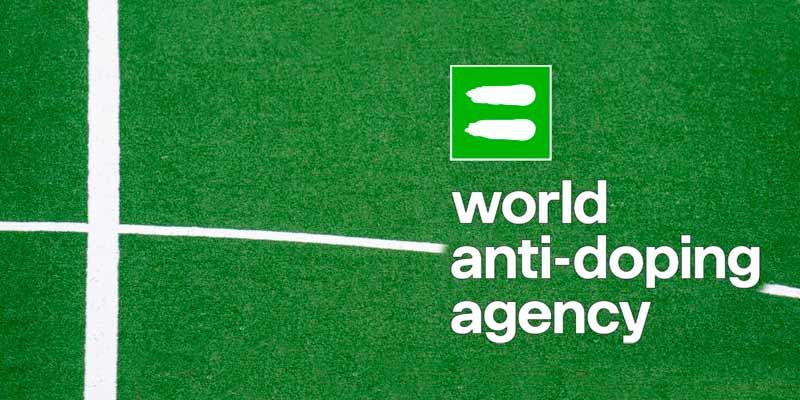World Anti-Doping Agency (WADA)

- 06 Apr 2024
Why is it in the News?
According to the recently released 2022 statistics by the World Anti-Doping Agency (WADA), out of 3865 samples handled by the National Anti-Doping Agency (NADA), 125 (3.2 percent) tested positive — the most in any country.
About World Anti-Doping Agency (WADA):
- WADA, or the World Anti-Doping Agency, is an international independent organization established in 1999.
- It operates with equal funding from both the global sports community and governments worldwide.
- WADA's primary objectives encompass scientific research, education, capacity-building in anti-doping measures, and oversight of the World Anti-Doping Code (Code), which standardizes anti-doping policies across all sports and nations.
- Headquartered in Montreal, Canada, WADA comprises various governing bodies, including a foundation board, executive committee, and several specialized committees.
- The foundation board, consisting of 42 members, holds the highest decision-making authority within WADA.
- It comprises equal representation from both the Olympic Movement and governments.
- Responsibilities for day-to-day operations and policy implementation are delegated by the foundation board to the executive committee, which comprises 12 members, also equally distributed between the Olympic Movement and governments.
- WADA's presidency is a voluntary role that alternates between representatives from the Olympic Movement and governments.
- Additionally, WADA's committees serve as advisory bodies, offering guidance and expertise to support the organization's programs and initiatives.
About National Anti-Doping Agency (NADA):
- The National Anti-Doping Agency (NADA) was established on November 24, 2005, under the Societies Registration Act of 1890.
- NADA operates to foster a culture of doping-free sports in India.
- NADA's key objectives include implementing anti-doping regulations in alignment with the World Anti-Doping Agency (WADA) code, regulating the doping control program, promoting education and research, and raising awareness about the detrimental effects of doping.
The primary functions of NADA are as follows:
- Enforcing the Anti-Doping Code to ensure compliance by all sports organizations in the country.
- Coordinating dope testing programs in collaboration with all relevant stakeholders.
- Facilitating anti-doping research and educational initiatives to instill the values of drug-free sports.
- Adopting best practices and quality standards to enhance the effectiveness and continual improvement of the anti-doping program.
